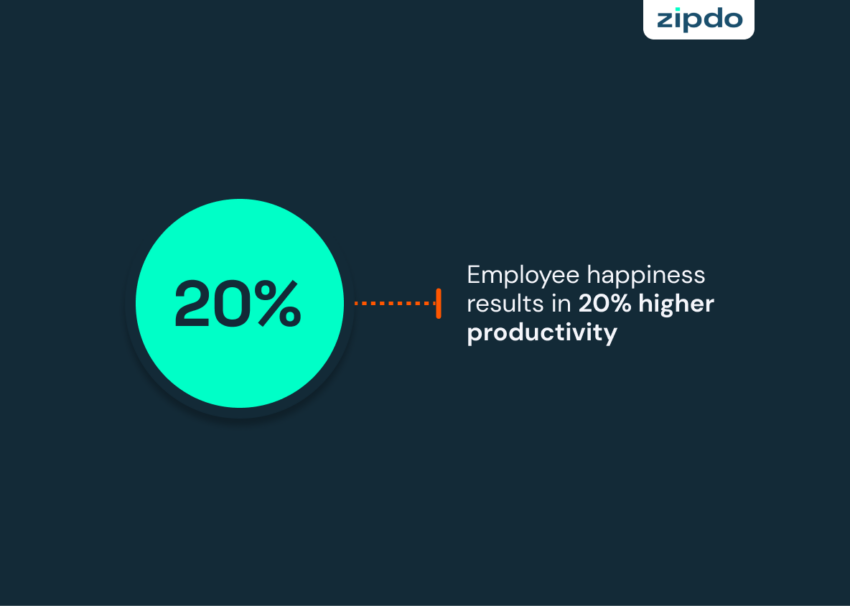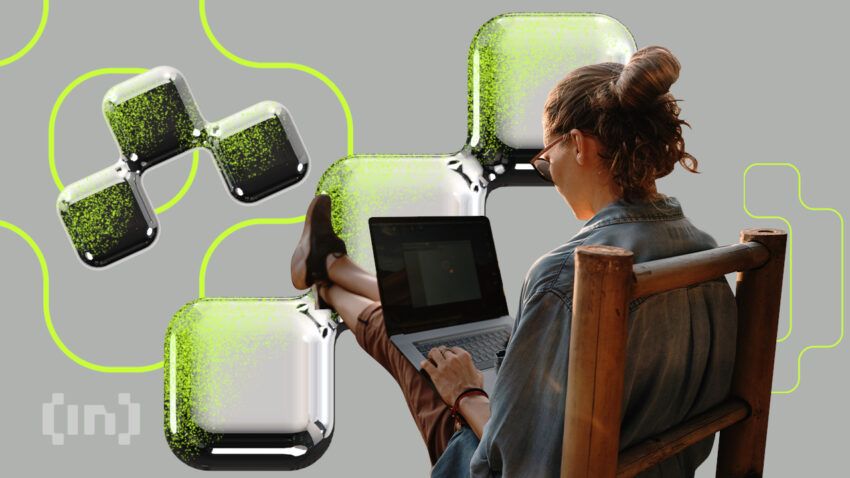In today’s digital world, web3 jobs are changing our working patterns. Delegating tasks is an art — much like how a painter chooses the colors to mix on canvas, an effective manager knows how and where to delegate as a starting point for any large task. Ensuring your team members are open to collaboration is key. This guide explores the importance of practical delegation in web3 teams, with invaluable insights for readers aiming to improve their professional lives and web3 careers.
In this guide:
- Mastering the art of delegation
- Find your dream job
- Elevating web3 workplaces with delegation management
- Five workplace management tips for web3 leaders
- From job vacancies to career advice, the BE[IN]CRYPTO HR Team is here to guide your journey
- Practical delegation: The secret ingredient for thriving teams
- Frequently asked questions
Mastering the art of delegation
Delegation is the strategic transfer of responsibility for specific tasks or decisions from one person to another. It’s a critical skill for managers and team leaders, particularly in the web3 context, where topics can be complex and fast-moving.
It is key to get to know each team member and their strengths and weaknesses. Setting clear expectations is also part and parcel of an effective delegation strategy.

A Gallup study found that CEOs who excelled at delegation achieved a 33% increase in company revenue. This shows that effective delegation is a key characteristic of successful leaders, leading to the growth of highly competent teams. The aim, therefore, is not necessarily to work harder but to work more smartly.
On average, companies headed by individuals with strong delegating skills created 21 new jobs over three years, compared to just 17 new jobs created by leaders with lower delegating abilities.
Find your dream job
Elevating web3 workplaces with delegation management
Web3 jobs are typically set in a highly digital, decentralized, and project-focused environment. This ecosystem is where tasks frequently involve cutting-edge technologies that demand specific knowledge and skills.
Effective delegation allows leaders to tap into their team’s niche expertise, ensuring each person is prepared to manage every facet of a project. This strategy promotes a culture of continuous learning and growth within teams and crypto communities.
Leaders can nurture a more optimistic and collaborative workplace atmosphere by allowing employees to shine in what they do best. This small shift in dynamic can boost team morale and build a more promising future for the company. Employee happiness actually results in 20% higher productivity, as per Zipdo’s 2024 market data.

Five workplace management tips for web3 leaders
1. List down workplace tasks to delegate
The first step to effective delegation in workplace management is identifying which tasks to delegate. This involves understanding the project’s requirements and distinguishing between the tasks that require your expertise and those that others can successfully complete.
In web3 remote work terms, this means assigning technical tasks to developers, creative tasks to designers, and content creation to writers/marketers.
2. Choosing the right person for the job

Once you’ve identified tasks to delegate, the next step is choosing the right team members. This decision should be based on their skills, interests, and workload. Matching tasks with individuals who possess the necessary expertise and are enthusiastic about the task is paramount. This will ensure the task is completed efficiently and aid the professional development of your team members.
3. Set clear expectations in the workplace
Practical delegation requires clear expectations, which include setting deadlines, project goals, and any relevant background information. Clear communication is crucial to avoid misunderstandings and to solidify that everyone is on the same page, especially in a remote work setting.
Belinda Prins, Project Manager Asia & MENA: BeInCrypto
4. Trust your web3 team and workplace

Once you’ve delegated a task, it’s important to trust your team member to complete it. Showing your trust can translate into resisting the urge to micromanage and allowing them the autonomy to approach the task in their own way. Encouraging innovation and creative problem-solving can lead to better outcomes and a more motivated team.
Arina’s Drobysheva, HR Business Partner and BeInCrypto shed light on this particular element of workplace management perspective:
“Getting over the idea that only you can do everything perfectly is challenging. However, this mindset belongs to the doer, not the manager. The manager’s job shouldn’t be only about doing. It is about managing and leading. You can be surprised by what results your team can bring if you give them more opportunities to show yourself and delegate some tasks. It will free your time for strategic tasks, provide the space for development, and speed up all the processes.”
Arina Drobysheva, HR Business Partner: BeInCrypto
5. Monitor progress and give feedback
While it’s important to trust your team, monitoring progress and providing feedback is crucial. This doesn’t mean micromanaging; it means checking in periodically to ensure the project is on track and offering support if needed. Constructive feedback is priceless for professional growth and can help lessen employee challenges in web3 and improve the quality of work over time.
From job vacancies to career advice, the BE[IN]CRYPTO HR Team is here to guide your journey
Practical delegation: The secret ingredient for thriving teams
Web3 workplace management requires effective delegation. It is an art that requires understanding, trust, and clear communication. In web3 jobs, where the pace of innovation moves at lightning speed, mastering this skill is more important than ever.
By identifying the right tasks to delegate, choosing the right people, and setting clear expectations, you can boost productivity, promote a healthy work environment, and lead your projects to success. Remember, delegation is not just about distributing tasks; it’s about building a team that is capable, motivated, and aligned with the project’s goals.
Frequently asked questions
Web3 has created a new iteration of the internet, run on decentralized networks using blockchain technology. This new realm has disrupted workplace management by introducing new collaborative tools, decentralized decision-making processes, and innovative ways to engage and uplift teams.
Some challenges include ensuring clear communication across different time zones and maintaining team cohesion without physical presence. Other difficulties involve protecting sensitive data in a decentralized environment and adapting management styles to a digital-native workforce.
Selecting the right individual for a task is critical to effective workplace management. It’s essential to communicate expectations clearly from the onset. Doing so ensures that the chosen team member understands the objectives and standards required for successful completion.
Disclaimer
In line with the Trust Project guidelines, the educational content on this website is offered in good faith and for general information purposes only. BeInCrypto prioritizes providing high-quality information, taking the time to research and create informative content for readers. While partners may reward the company with commissions for placements in articles, these commissions do not influence the unbiased, honest, and helpful content creation process. Any action taken by the reader based on this information is strictly at their own risk. Please note that our Terms and Conditions, Privacy Policy, and Disclaimers have been updated.




